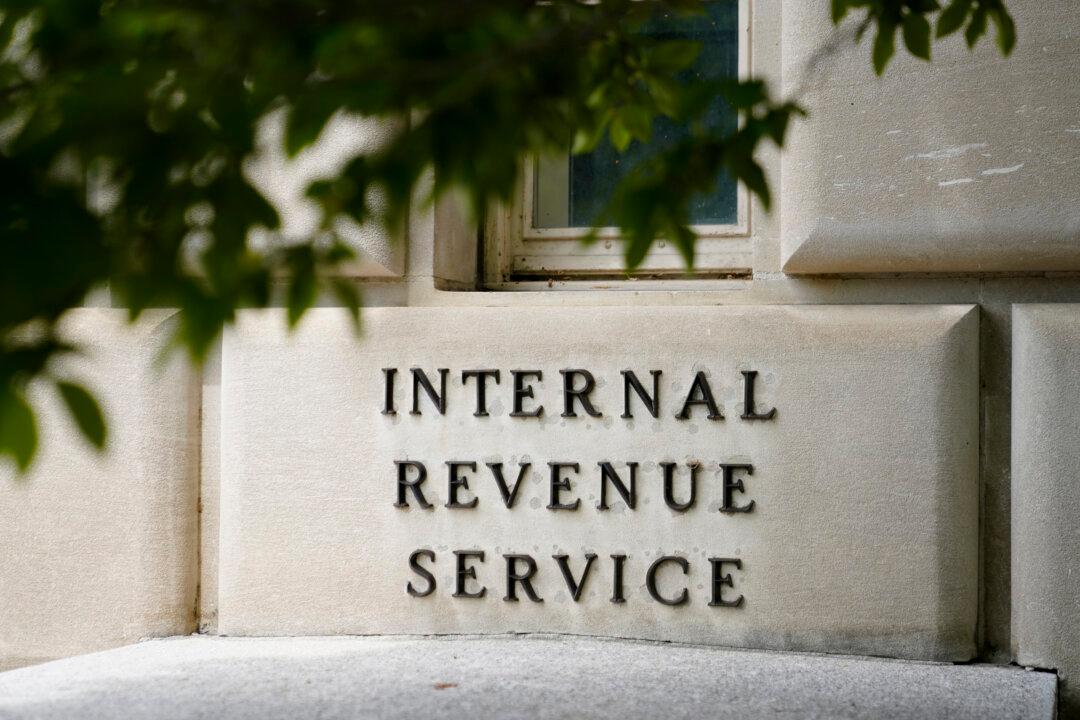The Internal Revenue Service (IRS) issued a consumer alert concerning a misleading social media trend promoting a non-existent “Self-Employment Tax Credit.” This misinformation is leading taxpayers to file false claims, the agency said in an announcement on July 15.
The IRS announcement explained that promoters on social media were marketing the so-called Self-Employment Tax Credit as a way for self-employed individuals and gig workers to receive substantial payments for the COVID-19 pandemic period.





